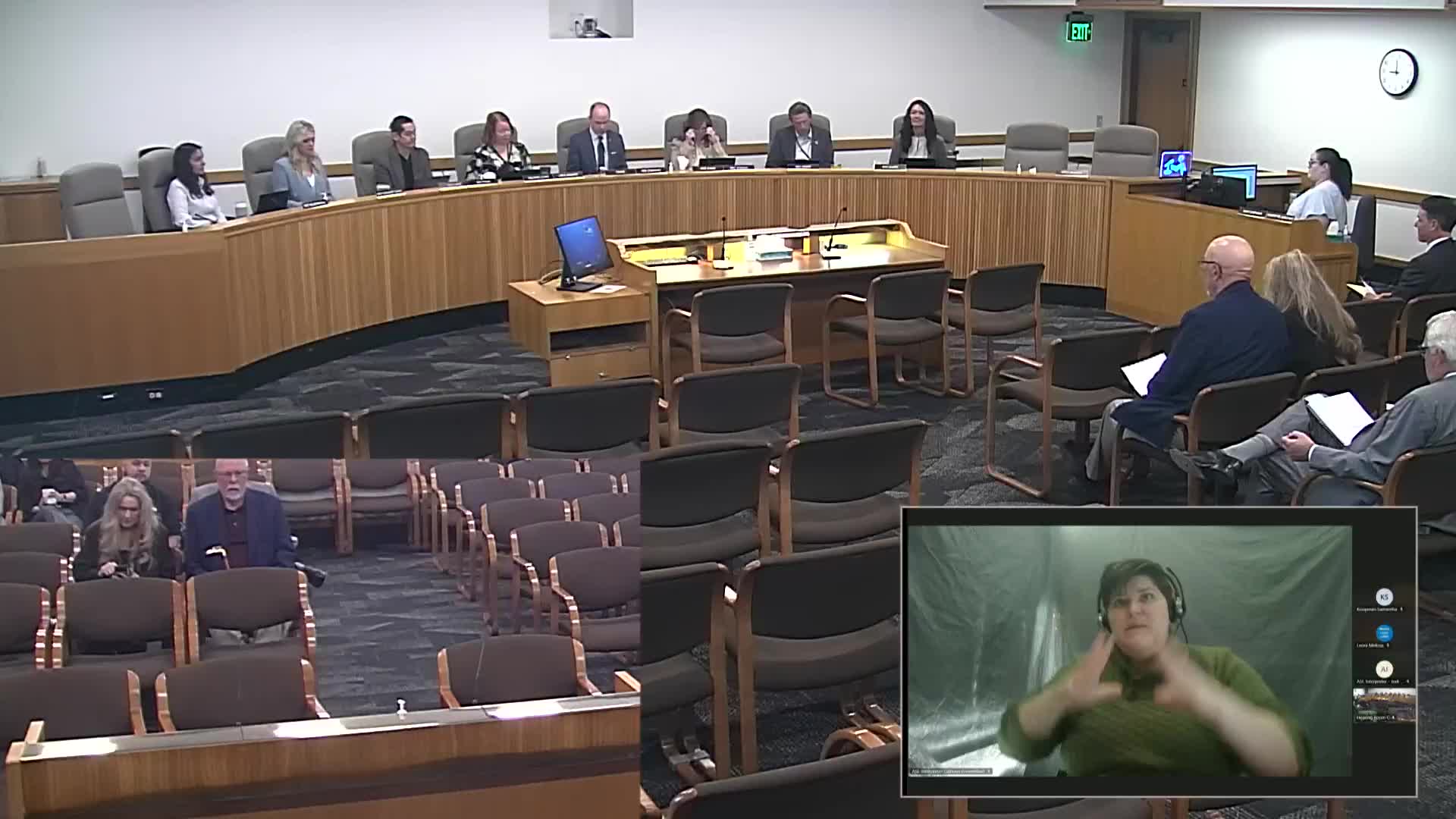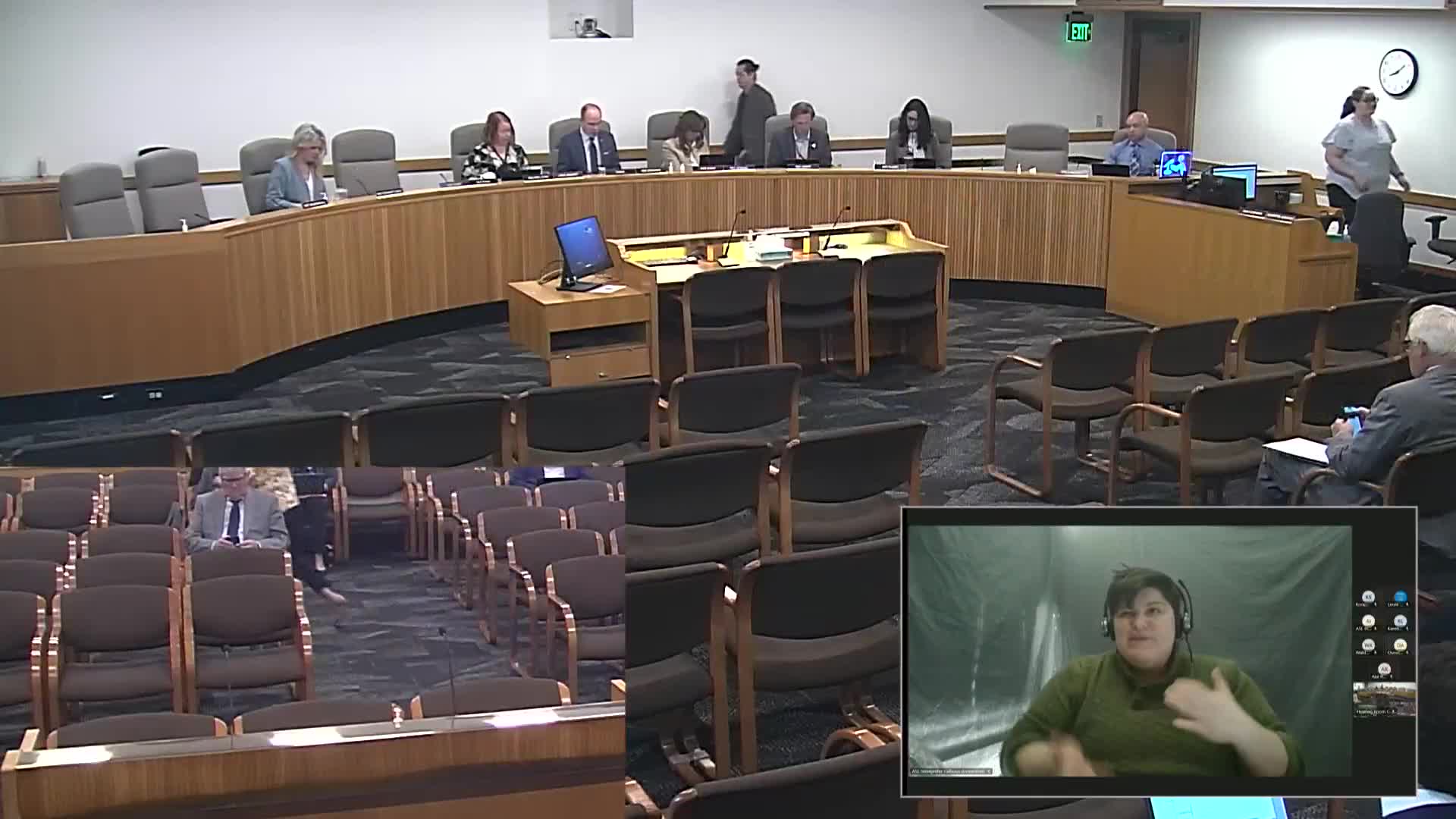Article not found
This article is no longer available. But don't worry—we've gathered other articles that discuss the same topic.

Rules committee honors former Senate President Peter Courtney and approves lounge naming in amended resolution

Oregon committee hears testimony on bill to require landlords to test rental well water in groundwater management areas

